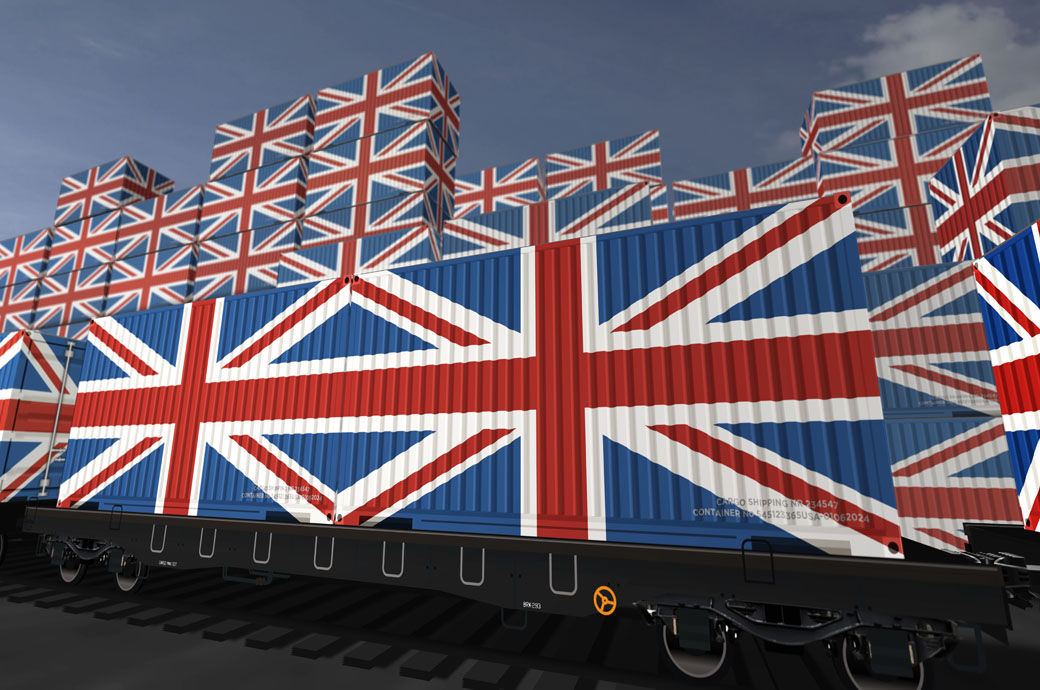Only 11 per cent of exporters say the brand hinders their organisation.
Fifty-two per cent of UK exporters say Britain’s brand helps boost sales, with over half seeing their association with Britain as a key growth driver, a survey found; only 11 per cent say the brand is a hindrance.
Brands tapping into British associations see a 43-per cent rise in consumer connection.
Across all age groups and demographics, brand Britain is seen as traditional, enduring and witty.
The figures for non-exporting firms are understandably slightly lower—with 23 per cent of businesses saying the brand helps them to grow and increase sales, with 8 per cent saying it has a negative impact.
Despite global competition, the desire to buy British remains a draw for a good portion of the public, with a third of respondent consumers seeking out British brands.
Brands tapping into British associations see a 43-per cent rise in consumer connection.
Across all age groups and demographics, brand Britain is seen as traditional, enduring and witty, and despite challenges, these traits continue to define Britain in the minds of consumers, the survey revealed.
The ‘Be Distinctive Britain’ survey report treats Great Britain as a brand in its own right and uncovers the key elements that set the country apart, from its cultural reputation to its economic influence. The survey covered over 3,000 British citizens and 1,100 UK business leaders.
The United Kingdom was cited the most times by companies as the best place to do business in, invest in and as making the most innovative products.
Meanwhile, Germany was cited the most by business for making the highest quality products—and the United States for having the most recognisable brands.
Over half of firms (56 per cent) think that the UK is best known for its history around the world. Other cultural traits are also cited highly by firms—with 35 per cent saying arts and culture play a big part in Brand Britain, while 34 per cent identify tourism as significant.
Businesses see Britain’s culture as a driving force of influence around the world. Around two thirds (64 per cent) of firms think Britain has cultural influence globally, while less than half think the country has an impact politically (44 per cent) or economically (42 per cent).
Looking ahead over the next 20 years, most businesses think the UK’s influence will be reduced, although over half (53 per cent) still think the country will have significant cultural influence in the decades to come.
Over a third (35 per cent) of consumer respondents said they would go out of their way to buy British brands. Additionally, 59 per cent believe Great Britain produces high-quality brands, 69 per cent trust British brands, and 70 per cent say they feel good about purchasing them.
Indeed, 39 per cent of those surveyed said they would be prepared to pay more for brands from Britain.
The research highlighted slight generational differences with older consumers more favourable to British brands. Seventy-seven per cent of baby boomers say they would feel good about buying British, while the figure for gen Z is 66 per cent.
The majority of the British public surveyed, 55 per cent, said they felt good about the country with 45 per cent believing it to be reliable as a country. The responses by age show clear differences, with 61 per cent of baby boomers feeling positive, while only half of gen Z consumers feel similar (48 per cent).
Fibre2Fashion News Desk (DS)
